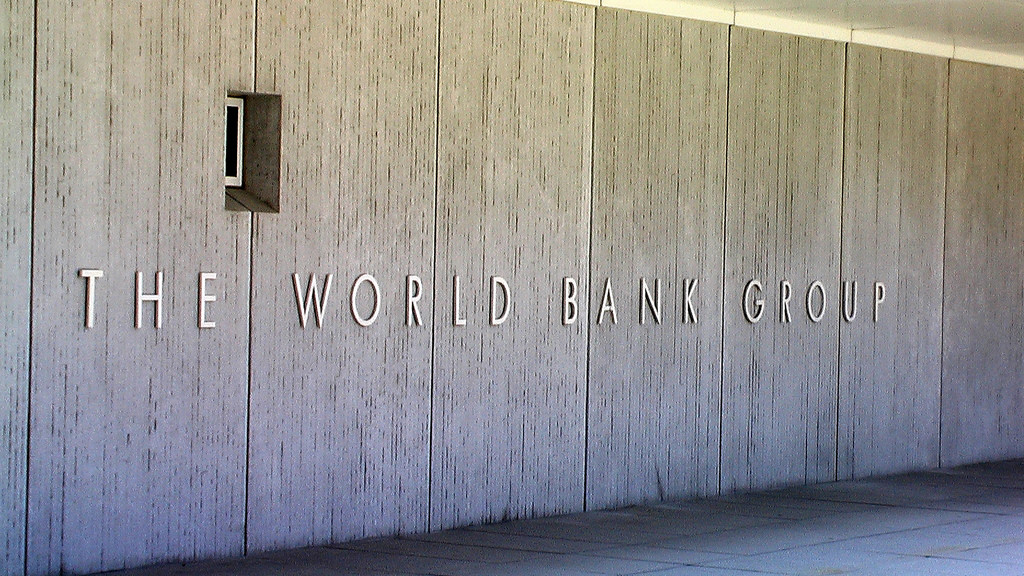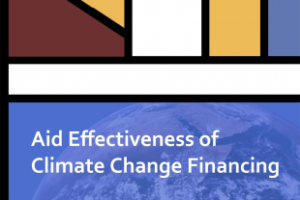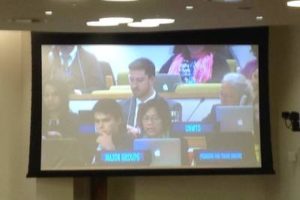Photo courtesy of PINGnews, is licensed under Creative Commons BY 2.0
[[{“type”:”media”,”view_mode”:”media_large”,”fid”:”1652″,”attributes”:{“alt”:””,”class”:”media-image”,”height”:”270″,”style”:”width: 350px; height: 197px; margin: 5px; float: right;”,”typeof”:”foaf:Image”,”width”:”480″}}]]
(February 27, 2017) — Trade unions and campaigners from around the world are boycotting the latest World Bank consultation on Public-Private Partnerships (PPPs), due to close tomorrow, 28 February.
Research shows that PPPs – agreements between the public and private sector to provide infrastructure and services normally delivered by the state – are risky and expensive and contain numerous hidden costs. Currently, most governments leave information about future debts, or contingent liabilities, out of their accounting books, making PPPs look cheaper and more efficient than traditional public procurement.
Trade unions and NGOs the world over have launched the boycott after their concerns about these hidden costs have been repeatedly ignored by the World Bank – one of the biggest institutions promoting and arranging PPPs in some of the poorest countries in the world. The organisations have said that they will no longer participate in public consultations until the World Bank explicitly calls on countries to only consider PPPs if their full costs and contingent liabilities are reported on-balance sheet and registered as government debt. The expected costs and impacts of PPPs should also be examined in advance, and compared to other methods of delivering the public service.
As a signatory to the boycott letter, IBON International supports this call for full financial disclosure. They also call for the accounting of possible non-financial risks, such as social impacts, before financing development projects.
Antonio Tujan Jr., IBON International Director, said: “When it comes to expensive projects such as PPPs, we are concerned with how these tend to be designed away from public scrutiny, leaving accountability issues and financial risks for the public sector. This is in addition to the projects’ possible adverse costs to affected local communities and the environment.”
For example, according to an Oxfam study, the Queen Mamohato Memorial hospital in Lesotho, financed and supported by the World Bank, shows how problematic a PPP project can be. This project locks the government in until 2027 and swallows up more than half of the country’s health budget, while giving a high return of 25% to the private sector provider. This has diverted much-needed public funds from hospitals in rural areas, where three quarters of the population live.
“So we want disclosure of all possible financial and non-financial costs,” Tujan said. “This would cover release of feasibility studies and impact assessments, aside from transparency in contracts and having all costs recorded in government balance sheets. As it is, the private sector already amass huge profits from PPPs while the people are left withthe social, environmental impacts and debts governments will have to pay.”
More than 75 trade unions and NGOs from four continents have signed a letter to the World Bank explaining their reasons for the boycott and calling again for change.



